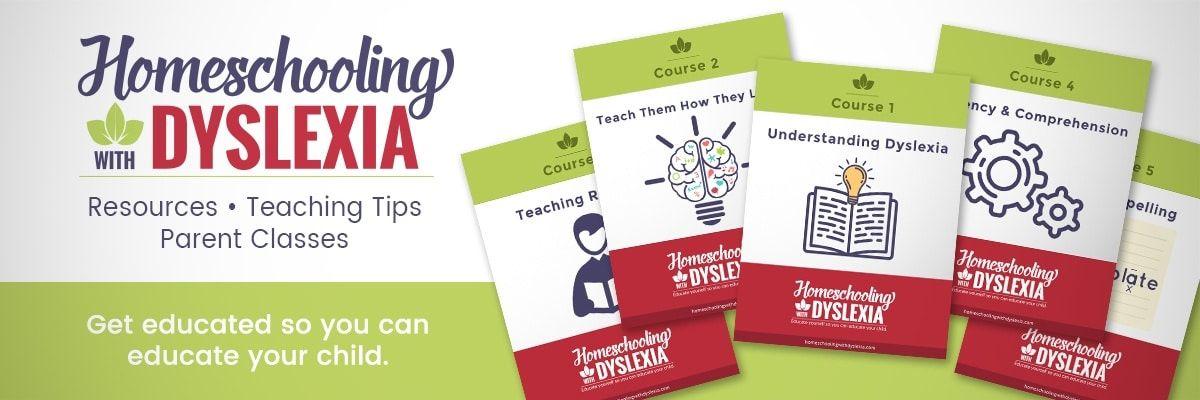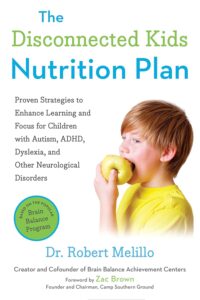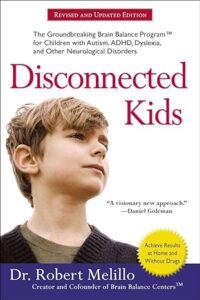Inspired by a 60 Minutes Episode
Many years ago, in 2012, I was watching an episode of 60 minutes about a mom whose son had been diagnosed with moderate to severe autism and was therefore put in many therapies. Seeing him make little to no progress, she opted to pull him from his therapies and instead focus on his strengths and interests in hopes to draw him out of the world in his head. Her goal was to mainstream him by kindergarten, which she was able to do.
Through allowing him to pursue his interests it became apparent that this kid had an intricate brain and many of the behaviors they were trying to fix in his therapies were symptoms of his brain working in such complex ways.
**CAVEAT: Now I realize it’s not generally wise to drop all of your kid’s therapies (though in his case it was) and also that his story is a small percentage of autistic kids (I mean hello, he is a savant with an IQ higher than Einstein’s) but I do think it holds true that when you focus on what someone is good at, rather than only trying to strengthen what is weak, they will blossom!
This 60 Minutes episode would have a deep influence on me, though right then it was just an inspirational story. (I recently had the chance to read the book about this incredibly moving story called THE SPARK by Kristine Barnett, which I recommend for ANY parent!)
This blog post contains affiliate links and any purchases made through such links will result in a small commission for me (at no extra cost to you).
Our Story
At the time of watching this episode, I had two beautiful kids ages 1 & 3. Our 1-year-old son was not yet talking but we were waiting for a language explosion just as we had seen in our then 3-year-old. Delayed talking runs in the family. I personally didn’t talk until after age 2, and my daughter learned to both walk and talk at 18 months. We told ourselves, he’s a boy, a 2nd born, it will come soon enough…
Well, when our son neared closer to his 2nd birthday we decided to move forward with an evaluation done by the Birth to 3 program. We soon found out he was 50% delayed in speech along with a slew of other delays. Speech therapy, Occupational Therapy, and Developmental Therapy were all recommended.
Early Childhood Program
We proceeded with a year of all the therapies, which thankfully were mostly done in our home. And at age 3 he qualified for and started school at the Early Childhood program in our district. Since therapy is automatically included in the program, we thought it would be the best option, instead of doing private therapy and working through insurance.
He still was not talking at this point, so we really had no idea what he thought about school, though he seemed happy to go. He went for one year. I was less than thrilled with the Early Childhood experience because 1) I had PLANNED on homeschooling and this felt like the loss of a dream to me and 2) It didn’t seem to help him with the areas he really needed help in (mainly expressive speech.) He did have a wonderful OT while at school, but he only worked with her for 15 minutes 2x/week, and that was within a group. It wasn’t anything like the 1:1 attention he had before for 1 hour each week.
However, I was pregnant with my youngest at the time and it was my first year of homeschooling my oldest, so I welcomed the break I received by having him in school each day for a few hours. I was very tired due to pregnancy and now what I know was undiagnosed thyroid issues. I look back and see that year of Early Childhood as God’s provision during that time.
Brain Balance and Beyond
Shortly after his 4th birthday, we pulled him out of school and put him in a program called Brain Balance. Brain Balance is pretty intense and to do that AND school just seemed like too much.
When Brain Balance was over we made the somewhat scary decision to keep him home and put him in private speech and occupational therapy. I say scary because this meant the responsibility of his education rest completely on my shoulders.
While it was certainly “easy” to send him to school, and I felt less of a load because I could say “Hey, he’s in school, getting the services he needs”, the reality is it (school) hadn’t done much to help him and I knew in my gut we could accomplish more at home. I also had that 60 Minutes episode in the back of my mind which influenced my decision. And while I was unsure of that decision at the time, I’m so glad I took the leap of faith to home educate him.
**Another caveat here: Early Childhood can be hugely beneficial for some kids, but it just wasn’t for mine. Every kid is different!
Passion for Weather
It was around this time, at almost 5 years old, that it became obvious that this little dude was a little bit crazily preoccupied with the weather. He would talk about it all the time which his therapists referred to as “perseverating”. This immediately took me back 10 years to my very first year as a classroom teacher when I had differently wired 2E (Twice Exceptional) kid who was OBSESSED with roller coasters. This was another way God was preparing me for my own kids. 😊
It bothered me that my kid perseverated about the weather. I thought it necessary to help him NOT be fixated on the weather. So for a short-lived time, I would always re-direct him when he got going about the weather. However, again, because of that 60 Minutes episode, I had this nagging prompting that this was a passion of his and it was ok and good, and even necessary to let him DIVE DEEPER into this.
So soon we would start buying weather books (that we would read to him) and instead of trying to redirect him to another topic, we allowed him to dive deep into his interest of weather.
And now? This kid’s almost 9 and this obsession with weather is NOT. GOING. ANYWHERE. He’s graduated from kid weather books to adult weather books and is an avid reader of fiction, non-fiction… you name it!
I attribute a lot of that to not spending so much time focusing on his weaknesses and rather, letting him lean into his strengths and watching him “grow” from there.

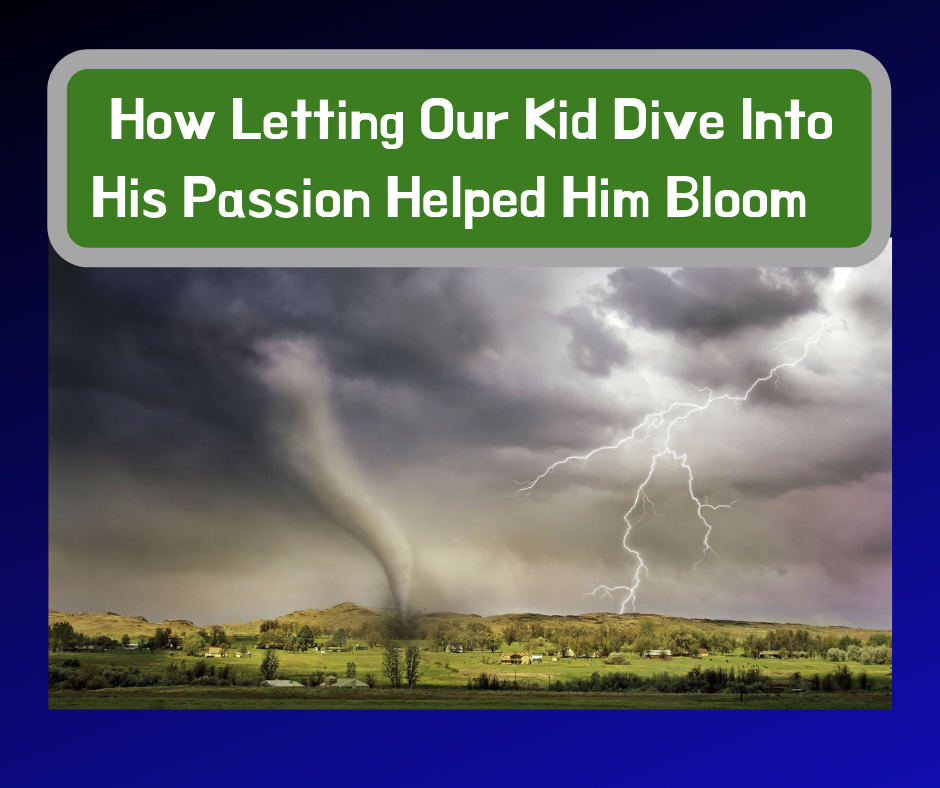
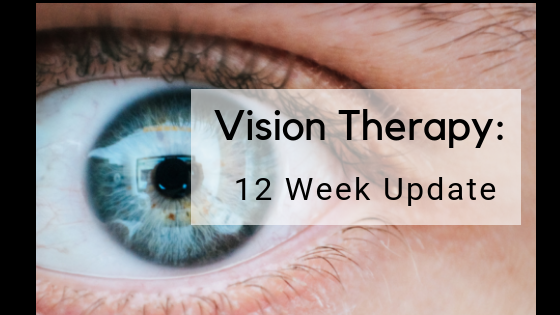
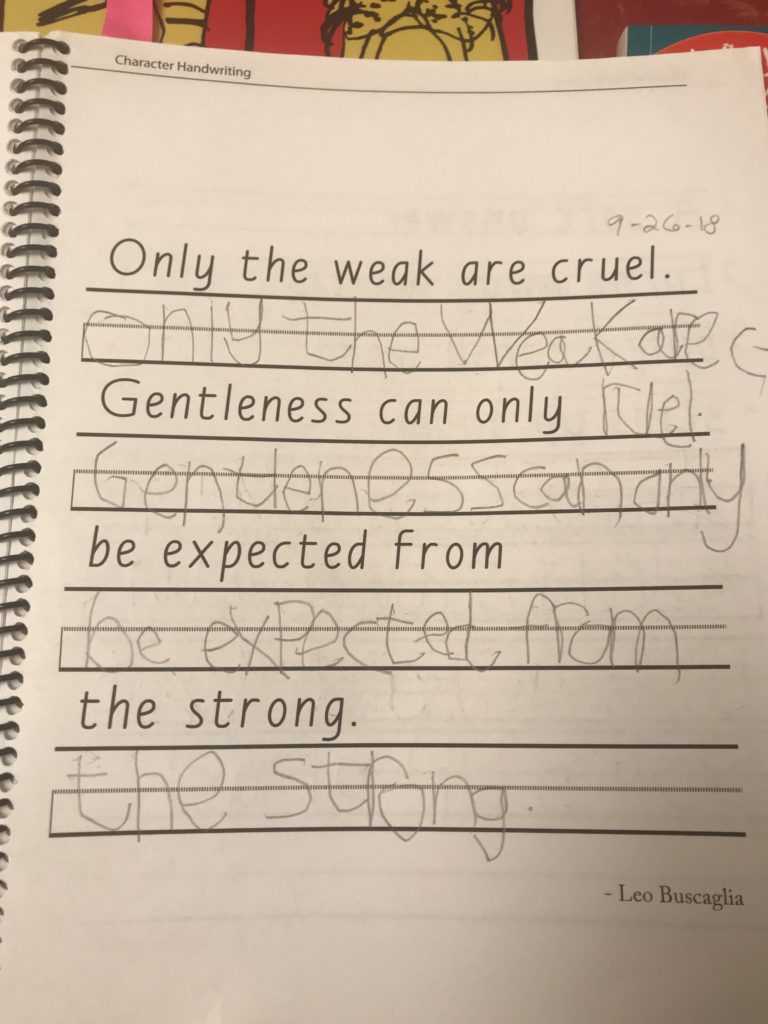


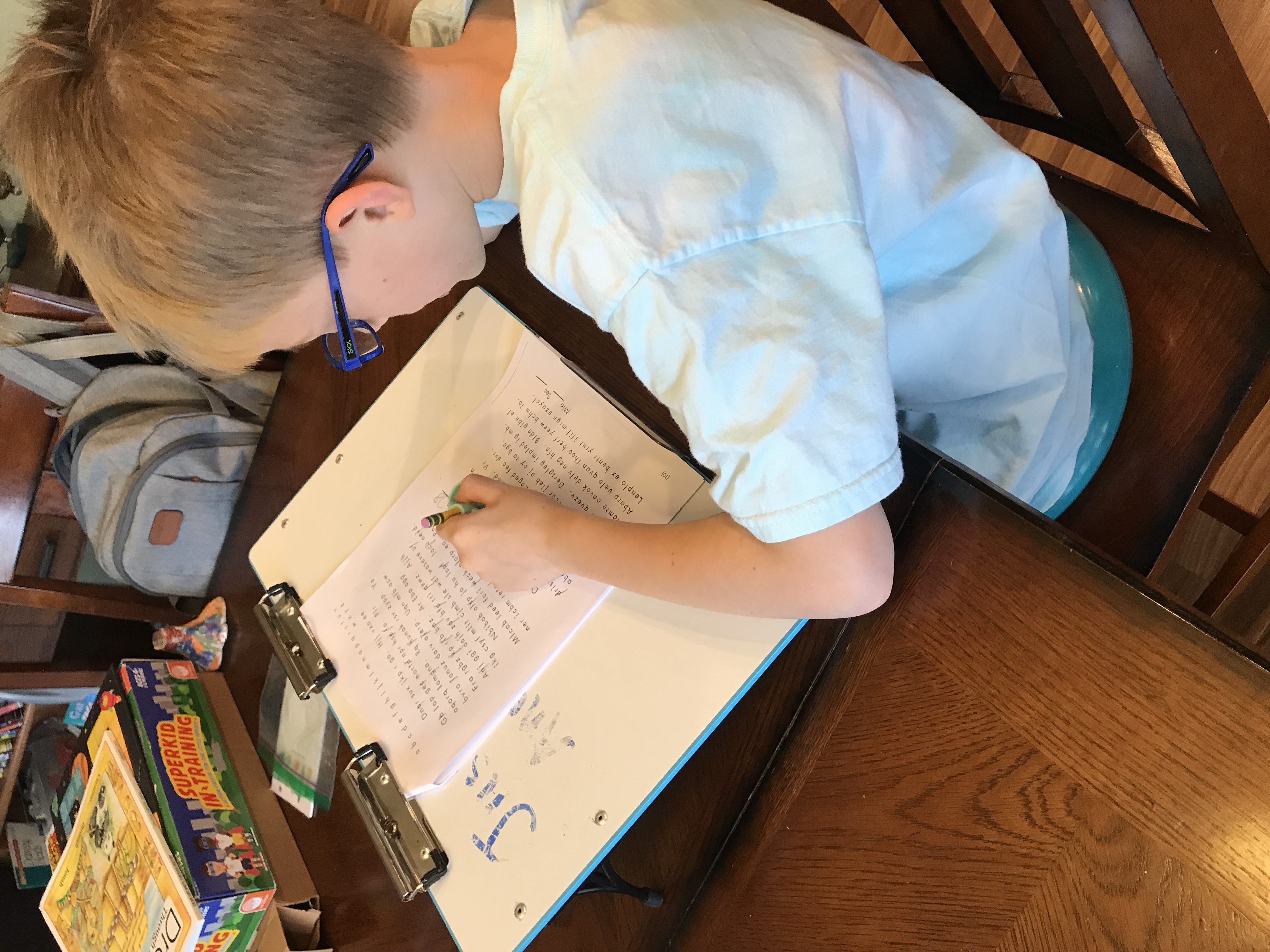 And while we’re talking about handwriting,
And while we’re talking about handwriting, 

